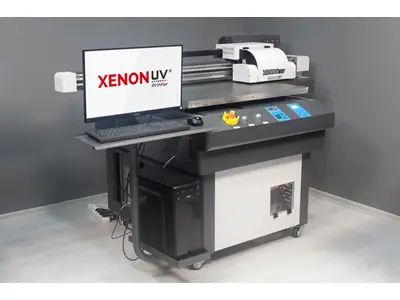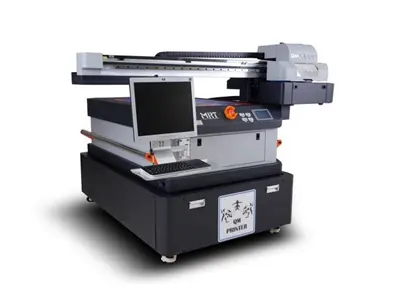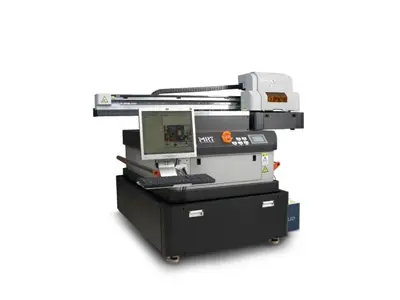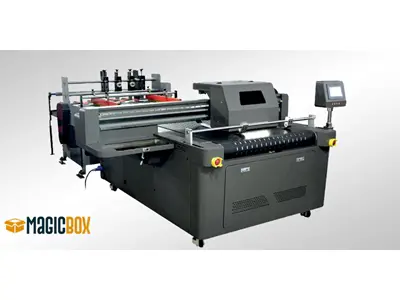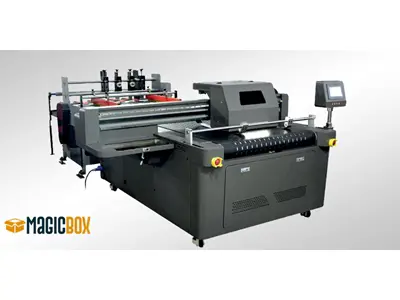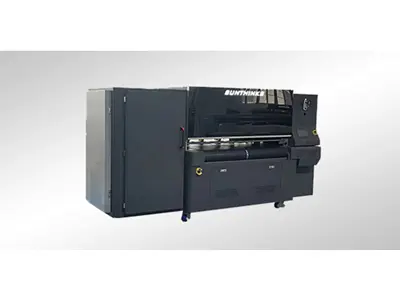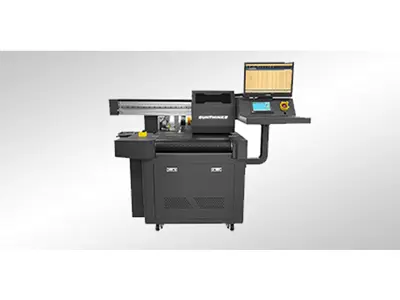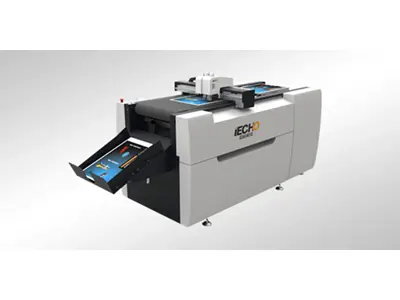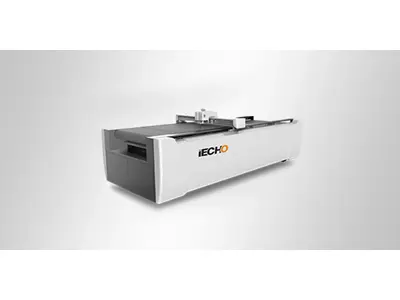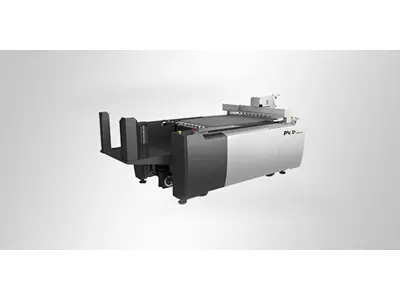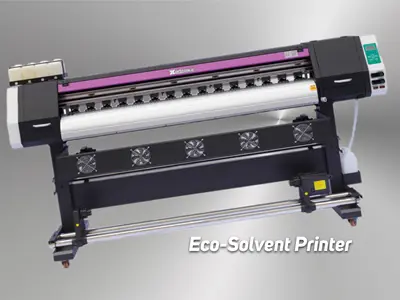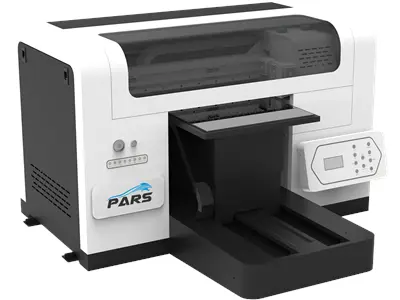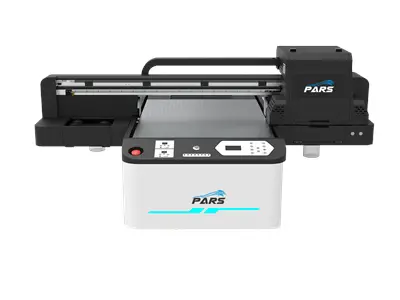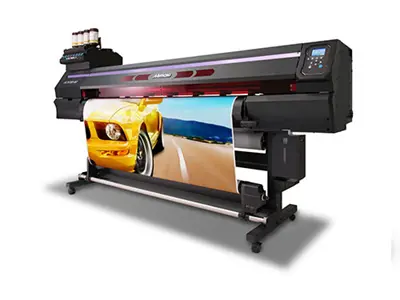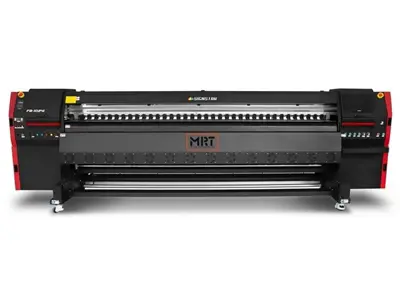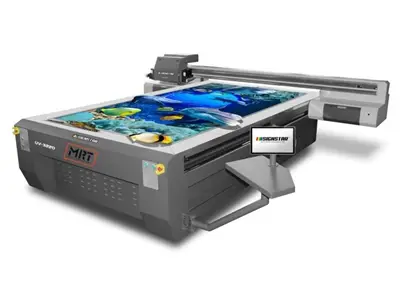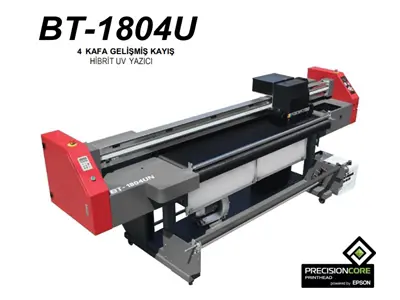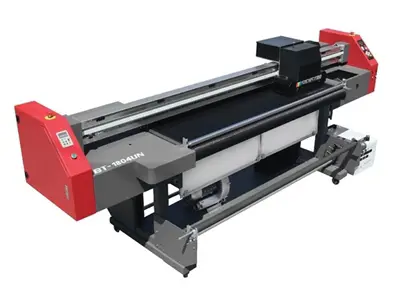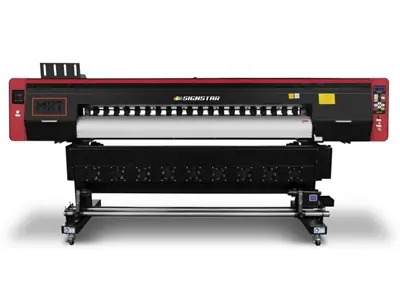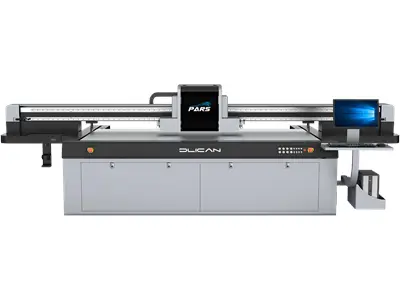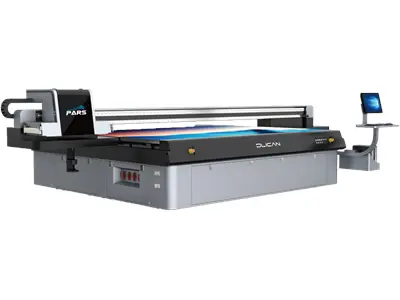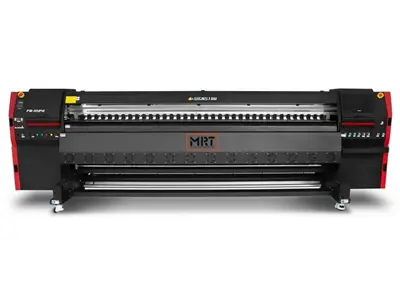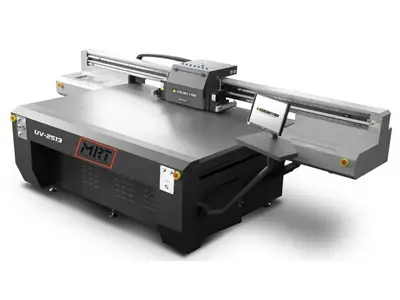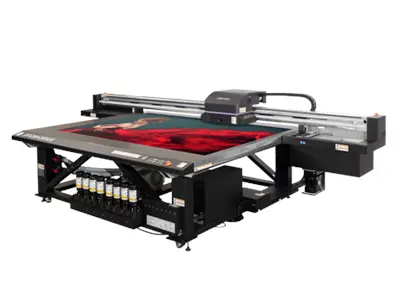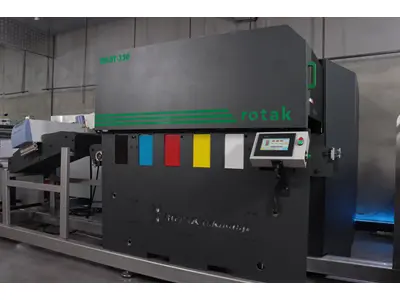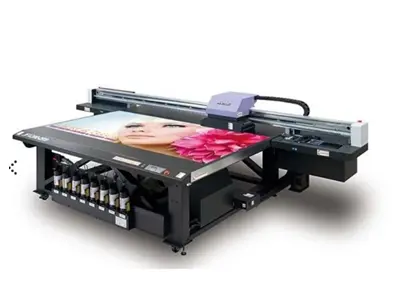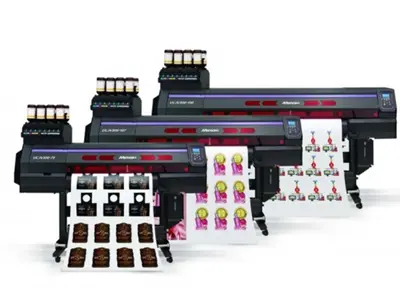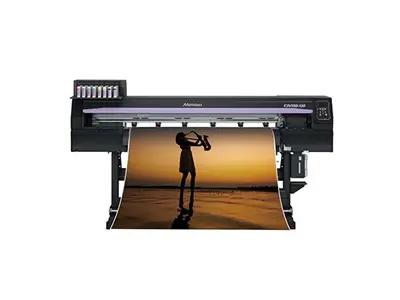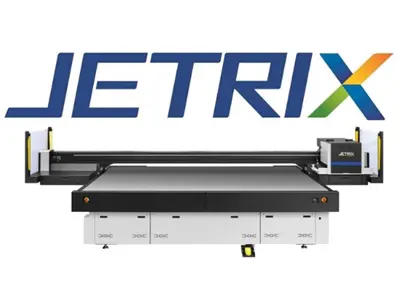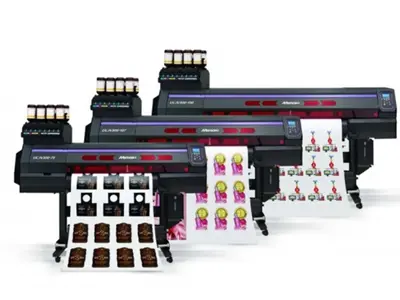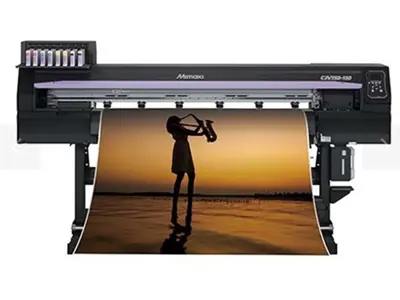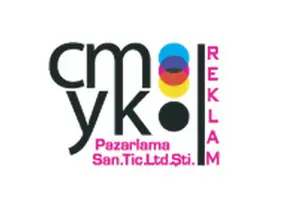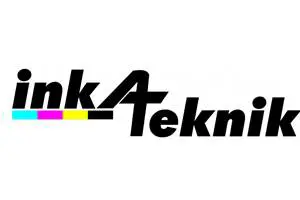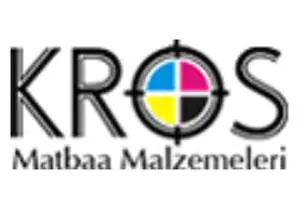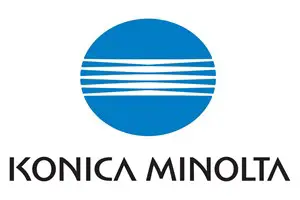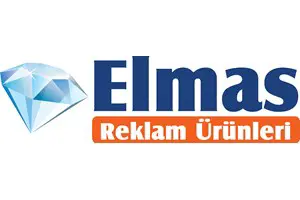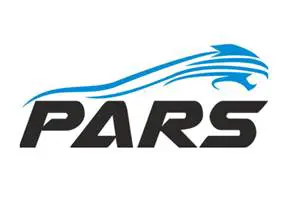Advantages of Digital Printing Machine
Have you ever wondered how a digital printing machine works? The term has been thrown around a lot, but do you know what it actually means? Are you curious to learn more and how we can consistently deliver such high-quality work each time? The term digital printing machine describes how ink is directly printed onto a substrate. The digital printing method is very similar to how your home color printer works but on a larger scale. The printer usually prints in a 4-color process of C (Cyan), M (Magenta), Y (Yellow), and K (Black) which is CMYK; the image is divided into these primary colors, and each color is printed as patterns or percentages to create the desired image; for example, if you print 100% Yellow and 100% Magenta, the color will be Red.
Digital printing machines can do White printing. The inks we use are semi-transparent because we need to blend them to create the image. A UV Digital printing machine refers to UV printing, which signifies the hardening process of the ink. In a standard home printer, you would be printing directly onto paper or cardstock that would absorb some of the ink and allow it to air dry. However, when printing on a plastic substrate, there is no absorption, and the ink flows from the substrate, thus requiring an additional drying solution to dry the inks. This comes in the form of UV ink that dries or hardens when exposed to UV or UV LED light.. The ink still fires from the print head in the same manner as mentioned above, but the ink is then rapidly exposed to UV or UV LED light for quick bursts to dry. All of this turns the ink into a hard film that prevents it from pooling on the plastic substrate within a few seconds.
This process actually has a significant advantage because it makes the inks durable and robust, and in addition, the curing has excellent rapid light qualities, meaning the ink will not fade as quickly under direct sunlight like standard inks would for window panes. The digital printing machine, as the printer heads get smaller, improves print quality and speeds up, making it faster, cost-effective, and the future of printing. Digital printing has significant advantages over other printing processes because there is no pre-printing cost for plates or expensive templates used in litho and screen printing, and there is generally no need for additional setup materials required in other forms of printing, thus saving money on expensive materials. With these advantages in mind, digital printing truly contributes to specialized or personalized printing options that would be very expensive in a litho or screen process.
